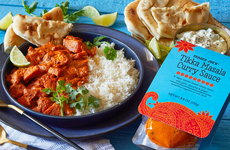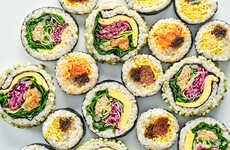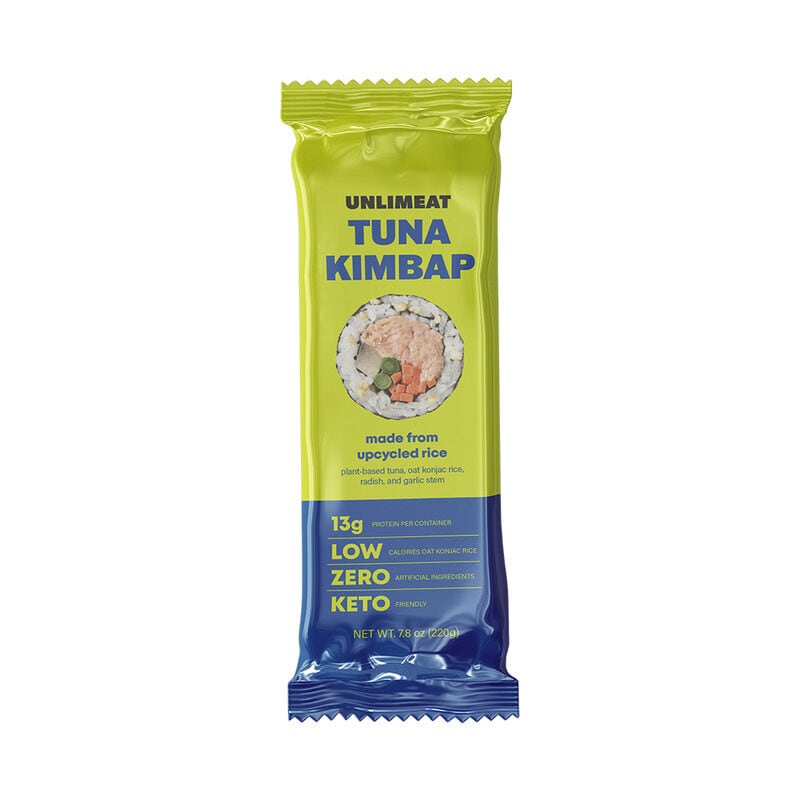
UNLIMEAT Kimbap Features Plant-Based Bulgogi or Tuna
Laura McQuarrie — July 29, 2024 — Lifestyle
References: unlimeat.co
UNLIMEAT Kimbap in Bulgogi or Tuna reinvents the traditional Korean rice roll with ingredients that are plant-based, upcycled or otherwise alternative. These low-calorie, protein-packed rice rolls make the most of UNLIMEAT Kimbap created from rice containing konjac and oats, plus vegetables, garlic stems, marinated burdock and pickled radish to provide a colorful, satisfying and nutrient-dense meal or snack on the go.
While the bulgogi kimbap variety will be especially appealing to fans of fiery flavors because it contains Cheongyang pepper, a Korean hot chili pepper, the plant-based tuna variety includes omega-3 DHA, dietary fiber and other healthy ingredients.
Through retailers like The Giant Company and Martin's, UNLIMEAT is committed to sharing its convenient and nutritious alternatives to traditional meats that bring Korean-style plant-based cuisine to the United States market.
While the bulgogi kimbap variety will be especially appealing to fans of fiery flavors because it contains Cheongyang pepper, a Korean hot chili pepper, the plant-based tuna variety includes omega-3 DHA, dietary fiber and other healthy ingredients.
Through retailers like The Giant Company and Martin's, UNLIMEAT is committed to sharing its convenient and nutritious alternatives to traditional meats that bring Korean-style plant-based cuisine to the United States market.
Trend Themes
1. Plant-based Ingredients - Plant-based bulgogi and tuna offer eco-friendly alternatives to traditional meat, attracting health-conscious consumers.
2. Upcycling Food Waste - Utilizing upcycled ingredients like konjac and oats in kimbap helps reduce food waste while providing nutritious and appealing meal options.
3. Protein-rich Snacks - Low-calorie, high-protein rice rolls cater to the growing demand for convenient and healthy snack options for busy lifestyles.
Industry Implications
1. Plant-based Foods - The rise of plant-based bulgogi and tuna kimbap reflects a broader trend in the plant-based food sector, driven by health and sustainability concerns.
2. Sustainable Food Products - Incorporating upcycled ingredients into everyday foods highlights innovations in the sustainable food products industry.
3. Healthy Snacks - The development of nutrient-dense, low-calorie kimbap aligns with the expanding market for healthy, on-the-go snacks.
6.2
Score
Popularity
Activity
Freshness























